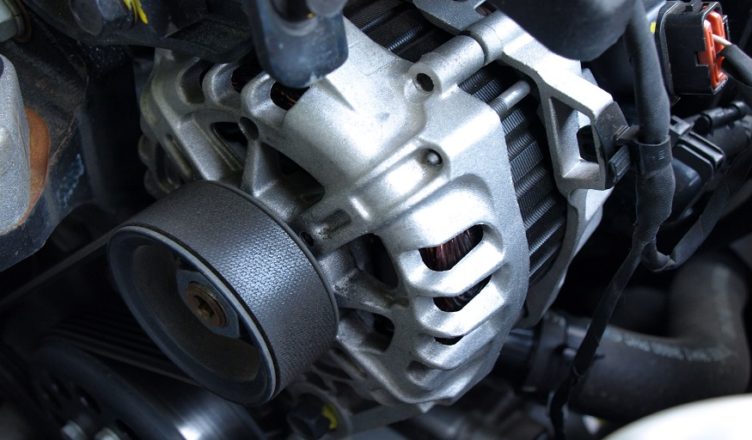You might have been told that your “alternator” is an important part of your vehicle. The problem is, you have no idea what it does. And likewise, you have no clue how to tell if it’s working.
As a general rule of thumb, the alternator is designed to keep the car’s battery charged. So, if it’s not functioning, you may not be able to turn your car on. And using your electronic accessories, like your radio or headlights, won’t be possible, either.
Fortunately, you can tell that it’s not working in a few ways. Here’s a rundown on the top warning signs of a faulty alternator.
Let’s jump in!
Signs of a Faulty Alternator Include Lights That Are Overly Bright or Dim
When your alternator starts to fail, this car part will stop providing consistent voltage to the car’s electronic accessories.
As a result, your headlights will either over-perform or underperform. This means that they will be either extremely bright or too dim.
When your alternator is failing, you might also notice your lights flickering. Or, the lights may operate erratically. For instance, they may start out dim and then become unusually bright.
These are signs that your car battery isn’t receiving the juice it needs — most likely because of your alternator. Click here to find out other reasons that car batteries can be drained, and how to avoid these.
Car Accessories That Are Malfunctioning or Slow
If your alternator is not supplying adequate power to the car’s electronics, then your accessories may end up working slowly or not working at all. This is another major telltale sign of a bad alternator.
So, for example, you may notice that your windows are taking longer than it normally would to roll down or up. Or, your seat warmers might start to feel off. Alternatively, your speedometer may begin to go haywire instead.
Growling or Whining
If you hear some growling while you’re in your car and it’s not your stomach, chances are you have an alternator problem.
The same can be said of a whining sound: If you hear whining and it’s not coming from one of the kids, then your alternator may be on the fritz.
Whining and growling in your car are signs that the belt responsible for turning your alternator’s pulley has become misaligned. This belt might have also started to rub against the pulley.
These sounds may also indicate that the bearings responsible for spinning your rotor shaft have gone bad.
How We Can Help
In addition to highlighting the top signs of a faulty alternator, we offer a wide variety of other automotive tips.
For instance, through our site, you can learn how to drive during the winter season. In addition, you can find out how to customize your vehicle.
Our site also offers a rundown on how to purchase the right insurance for your car online.
Take a peek at our site to learn more about how to keep your vehicle running like a dream in the months and years ahead.

